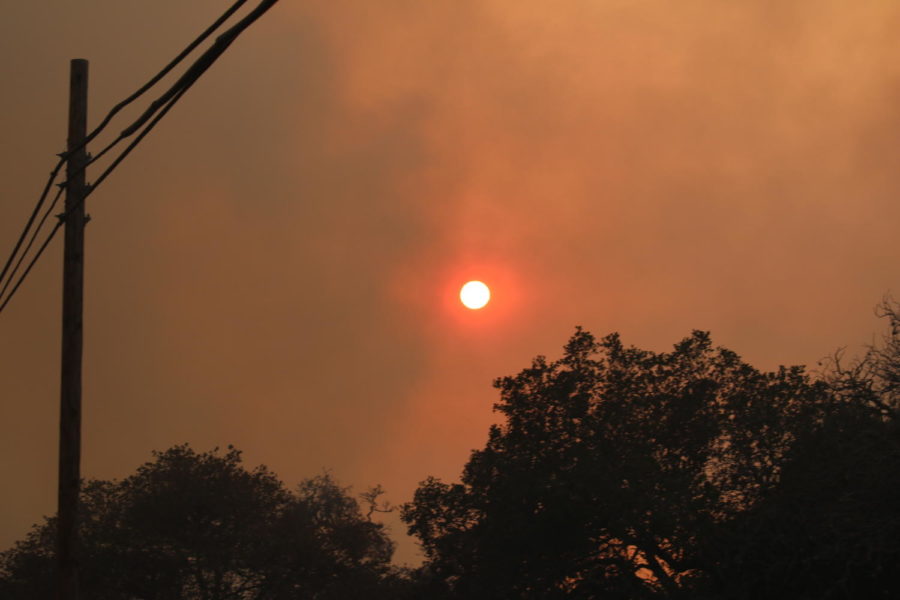Understanding normal responses to extreme circumstances after surviving a wildfire can help with recovery.
It is normal for Individuals affected to first experience shock and denial.
- Moods can be unpredictable. You might experience symptoms of depression.
- Emotions, thoughts and behavior might be affected. You could experience flashbacks and nightmares of the fire with no warning. This could cause sweating and raised heart rate.
- Personal relationships might be strained, especially if you are in an evacuation center.
- Some extreme stress can cause headaches, nausea, chest pain and more. You might need medical attention for these side effects.
Ways to help yourself and your family
- Allow yourself time to adjust.
- Ask for support from people close to you. Realize that if they are also recovering from the fire, they might not be able to help you as much as usual.
- Take breaks from the news.
- Find out about local support groups for wildfire victims.
- Implement healthy behaviors for yourself, such as eating at regular times, exercising if you can, and schedule breaks for self-care.
- Avoid alcohol and drugs as they can suppress your feelings and make it more difficult to cope, or they can cause physical pain.
- Avoid making major life decisions during this time, such as switching jobs, relationship decisions or making large purchases.
Helping children with special needs
- Spend more time with them and let them depend on you for the first few months.
- Provide play experiences, including non-verbal activities like drawing, in order to relieve stress.
- Encourage older children to speak with you and with each other about their experience
- Keep regular schedules for activities like eating, playing and bedtime.
- Limit how much children see the trauma on the news.
Some people can cope with the effects of trauma from surviving a wildfire, and some people might experience ongoing serious problems. The emotional and physical effects can interfere with relationships and work. Individuals with prolonged reactions should consult a mental health professional.
More information can be found online from the American Psychological Association.


